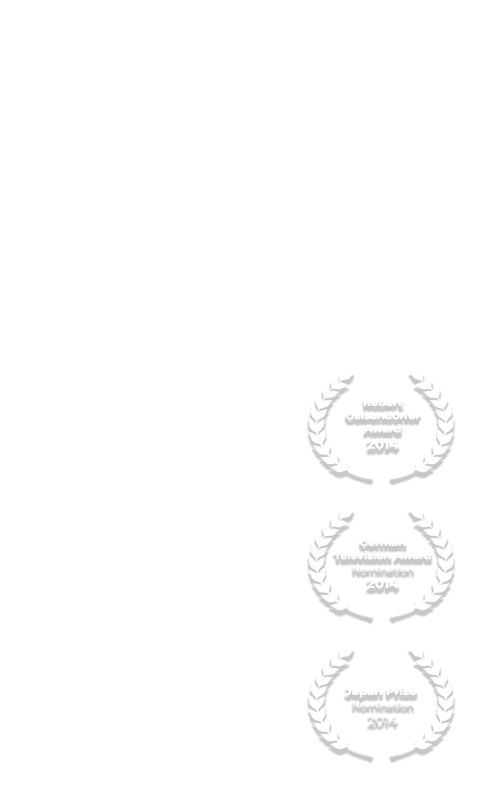
History tells us “what was”. It tells us when things happened. When kings and cultures lived and died, armies were raised and vanquished, and mighty empires rose and fell. History, as we know it from books, is often boring, for it falls to answer one very simple question: What was it like? When war broke out in Europe in July 1914, people on all sides believed it would be over by Christmas. Little could they know just how wrong they were. A seemingly petty conflict in Bosnia soon snowballed into the first truly global conflict. This was a new kind of war, fought with means and techniques never seen before. By November 1918, ten million people had died, and the political map of the world had been re-drawn. People’s minds and attitudes had changed forever, and the Modern Age had begun. Caught up in the middle of this chaos were millions of ordinary men, women and children. Their very lives changed in ways they could never have imagined. This is their story. The centenary of the outbreak of World War I is fast approaching. This is not the time for yet another film about battles fought and governments toppled, but for a new approach to historical documentary. 14 – Diaries of the Great War will retell the story of the greatest war mankind had ever seen in a unique way. It will let viewers experience World War One solely through the eyes of those who lived it. Based on this concept, we have brought together an international team of authors and researchers. From over 1,000 very dramatic stories of the War, left behind in diaries, letters, postcards and telegrams around the world, we have chosen the 14 most vivid and most emotional. Hailing from different sections of the involved powers, and from all walks of life, they represent a cross-section of society itself. Approach Our philosophy is simple. 14 – Diaries of the Great War is based entirely on these personal documents woven into one compelling story arc. What was it like, as a French child, to read in history class about the Hunnish invasion of Europe, and then step outside to see German battalions march through your home town? What was it like, as a British lady, to abandon a comfortable life and volunteer as a war nurse, to comfort dying soldiers far from home? What was it like to be a German soldier, covered in mud – and the blood of your comrades – cowering in a trench, before an enemy you had never seen? We hear their words, their emotions, as written down 100 years ago. We live – and sometimes die – with our characters, in high-gloss dramatic reconstruction and stunning archive footage. The drama will focus on what archive and historical analysis cannot reveal – personal tragedy, love, happiness, pain, grief – and give a body and a face to our diarists. The emphasis in the drama scenes will be on authenticity, taking the viewer out of the stereotypes of WW1 reconstructions. Far from feeling that they are watching black-and-white events that have no connection to their own lives, our audiences will find themselves saying: that could have been me.
Distribution
Bettina Offermann | distribution@looks.film
Executive Producers
Gunnar Dedio | LOOKSfilm
Serge Lalou | Les Films d’ici
Laurent Duret | Les Films d’ici
Paul Cadieux | Filmoption International
A co-production by
LOOKSfilm, NDR , SWR, WDR, ORF, NTR/VPRO, Les Films d’ici, Filmoption International, AB Productions, Cwmni Da, CNRS Images
In association with
Arte, BBC, S4C, SBS-TV Australia, SVT, TG4, Mediawan Thematics für Toute l’histoire, Eurovision, history-vision.de
Director
Jan Peter
Authors
Yury Winterberg, Jan Peter, Andrew Bampfield, Stephan Falk, Florian Huber, Maarten van der Duin
Creative Producers
Elisabeth Kiledjian, Annie Bourdeau, Florian Dedio
Commissioning Editor
Ulrike Dotzer
Funding
Mitteldeutsche Medienförderung, MFG, CNC, MEDIA, La Communauté Urbaine de Strasbourg, La Région Alsace, La PROCIREP, L’ANGOA, La SOFICA, Canadian Tax Credit, Quebec Tax Credit


